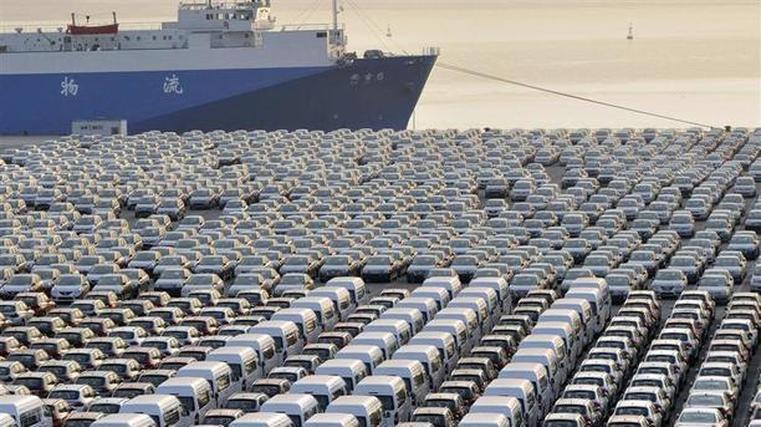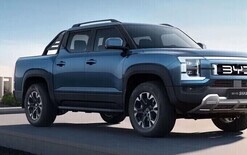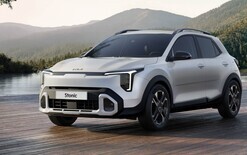Used-car imports up 19.7%

Figures released by Customs NZ show 12,307 used cars were imported into the country during August – up from 10,282 a year earlier for a rise of 19.7 per cent.
Year to date, the total has fallen by 2.33 per cent – or 2,356 units – compared to the first eight months of 2018.
There was 19.9 per cent increase in used-car imports from New Zealand’s main supplier, Japan, in August with 11,604 units coming in, while the figures were mixed for all of the other countries New Zealand imports from.
There were 421 used cars imported from Australia last month, an increase of 25.7 per cent on August 2018, 151 from Singapore – up by 23.8 per cent, and 74 from the UK – up 2.8 per cent.
Dip in new-vehicle imports
Despite that 19.7 per cent increase in used imported cars, new imported passenger vehicle numbers dropped by 11.3 per cent last month compared to August 2018 – from 11,175 to 9,907 units.
So far this year, 67,809 new cars have crossed our border for a decrease of 15.7 per cent compared to the same period the year before.
Japan topped August’s ladder with 3,928 units. Last month also saw 1,127 new cars come in from Thailand, 980 from Germany, 973 from Korea and 615 from Belgium.
Market softens for light commercials
A total of 2,506 new light-commercial vehicles were imported last month, which was a 24.7 per cent decrease on August 2018 and a 4.9 per cent drop on July 2019. The top three countries of export were Thailand, Japan and the US with 1,770, 287 and 255 units respectively.
Year to date, 25,102 new commercials have crossed the border for a decrease of 3.49 per cent compared to the same period in 2018.
Used light commercials were also down on same month last year with 894 units coming in. This represented an 11.3 per cent fall. The year-to-date total is 291 units lower than the same eight-month period in 2018 by when 4,544 units had been imported.





